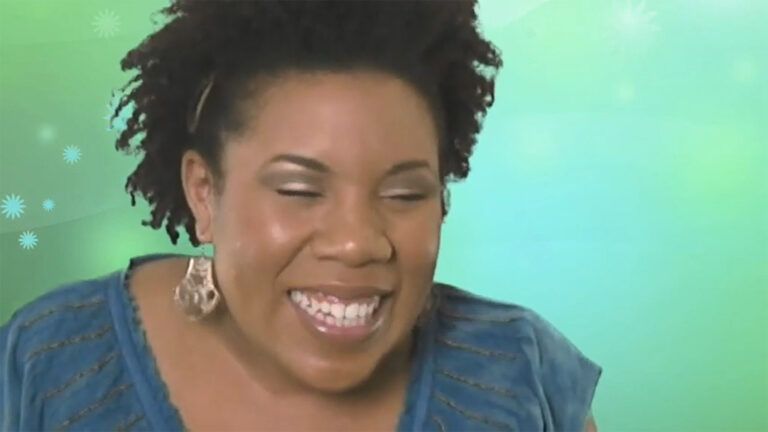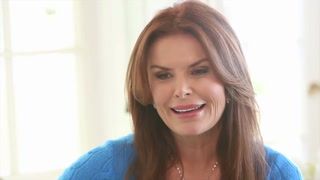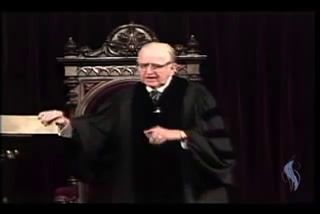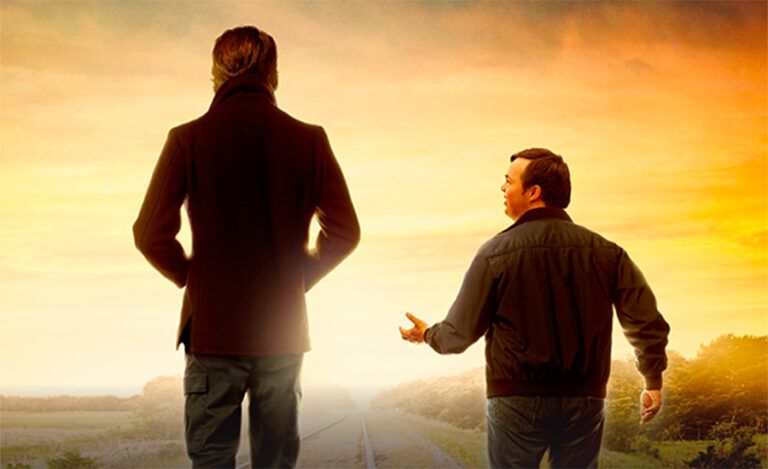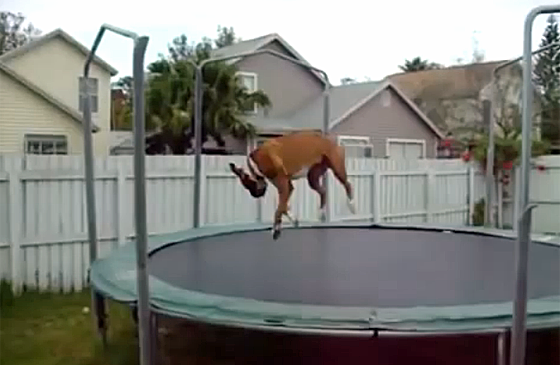
A Monk-Turned-Money Manager Shares His Best Financial Advice
Doug Lynam, a money manager who was formerly a Benedictine monk, offers financial tips from his unique background and distinct point of view.
View Transcript
My name is Doug Lynam, and I’m the Director of Educator Retirement Services at Longview Asset Management in Santa Fe, New Mexico. And I just wrote a book called From Monk to Money Manager.
So my journey from being a monk to a money manager is complex, but it starts in my childhood, where I grew up in a wealthy family where money was abundant, but it was weaponized. And so I ran away from that world and joined a monastery and took a vow of poverty to try to escape money and materialism forever, or so I thought.
Unfortunately, the monastery went through bankruptcy, and I realized that neither extreme, either rejecting the world of money or living a rather avaricious lifestyle, was a very healthy way to live. So I vowed to learn everything I could about money management to make sure that I didn’t repeat either mistake.
Over the years I developed my skill set, and that’s how I went from becoming a monk to ultimately a money manager.
I would say that my no. 1 money management trick is to understand what I call the Holy Trinity of Finance. And the Holy Trinity of Finance is earning, saving, and investing. And you have to do all three well in order to build up a little bit of wealth.
Too many of my clients that I meet, they make a lot of money but they don’t save anything, and so they’re always broke. And then I have other clients who while they save diligently, they’re scared of investing or they don’t understand the world of investing. And so the problem with that is there’s this–I think one of the biggest misnomers or one of the biggest problems in retirement planning is the idea that you can save your way to retirement.
You can’t save your way to retirement. You have to invest your way to retirement, because just saving alone, unless you can put away millions of dollars, you’ll never have a nest egg that’s large enough to sustain yourself for the 10 to could be 40 years that your retirement money needs to last.
If I give someone one tip today, it is something very simple you could do is to start getting organized. Could you track your expenses for this week only? Could you just start there, to make sure that you’ve actually tracked what you’ve spent and what you’ve earned, and to see where your money is coming from and to see where your money is going.
Because until you get a handle on that, none of the other parts of the world of personal finance are ever going to come together. So you need to take that first baby step into tracking your expenses and tracking your income. Otherwise, nothing will ever work right for you.
I think my background as a monk impacts my work as a financial advisor in some really profound ways. I think the biggest one is that understanding. There’s a spiritual insight that I think many people of faith come to, where you understand your interconnectedness with everyone and everything through God’s love. And when you experience that, it’s it’s impossible to unsee that.
And so for me to build wealth, it needs to be done ethically. It turns out that over the past 15 years, environmentally and socially responsible investing is outperforming conventional investing. So aligning your investments with your values isn’t just a feel good issue anymore. It’s a smarter way to invest. And so I think that my background as a monk gives me a deep passionate commitment to protecting God’s creation, and making sure that we’re never doing things that intentionally or overtly harm other people.


